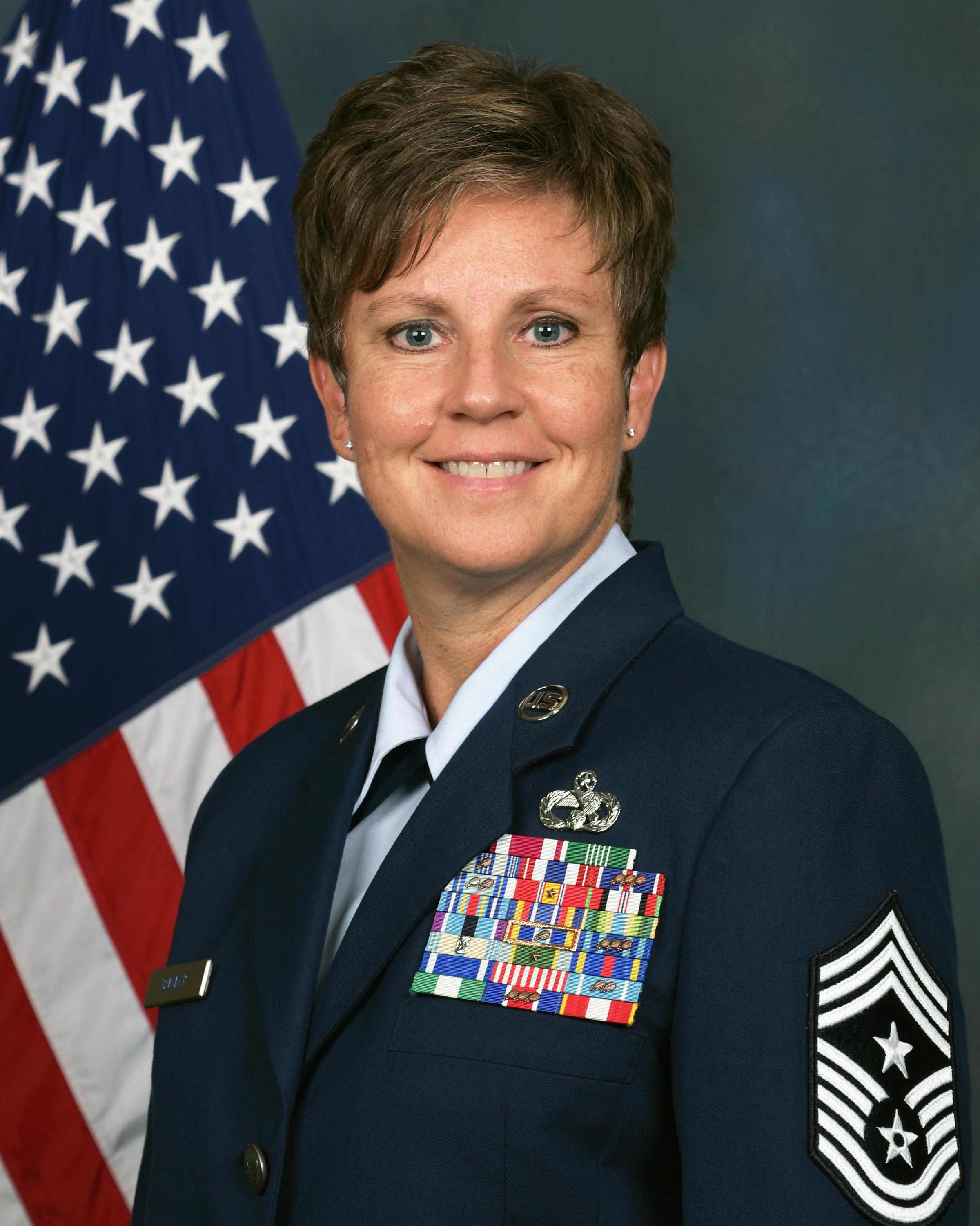Develop yourself: Accelerate change or lose
By Chief Master Sgt. Heidi Bunker, State Command Chief Master Sergeant
Air Force Chief of Staff Gen. Charles “CQ” Brown’s “accelerate change or lose” lays out a vision for developing an adaptable, multicapable force. There are four action orders associated with the efforts to accelerate change or lose. Action order A: Airmen; B: Bureaucracy; C: Competition; and D: Design Implementation.
Under Action order A: Airmen, Gen. Brown emphasizes the need to, “recruit, assess, educate, develop and retain Airmen…with attributes required to compete, deter and win in the high-end fight.”
To get after the strategy of accelerate change or lose, leaders needed to distill, interpret and implement Brown’s intent to identify what this means, down to the single Airman, in actionable form. From the beginning, the question that needed to be answered was, how do we create a lethal, ready and multicapable Airman who will be effective and win in a great power competition?
As a result, four main groups have been identified to achieve Action order A: developing self, developing others, developing ideas and developing organizations. The Air Force has identified 24 Airman foundational competencies for all Airmen, as a part of a systematic competency-based approach to develop the force.
Of the 24 foundational competencies, those applicable to developing the self include these key areas:
- Accountability is when an Airman demonstrates reliability and honesty; takes responsibility for actions.
- Perseverance is when an Airman displays grit in accomplishment of difficult long-term goals.
- Communication means an Airman effectively presents, promotes and prioritizes various ideas and issues both verbally and nonverbally through active listening, clear messaging and by tailoring information to the appropriate audience.
- Decision Making is about making well-informed, effective and timely decisions that weigh situational constraints, risks and benefits.
- Information Seeking means an Airman can demonstrate an underlying curiosity; desire to know more about things, people, one’s self, the mission or issues; an eager, aggressive learner. Information seeking requires personal initiative.
- Flexibility describes an Airman who adapts to and works with a variety of situations, individuals or groups effectively.
- Resilience means an Airman negotiates, manages and adapts to significant sources of stress or trauma.
- Initiative is doing more than is required or expected to improve job performance or results.
- Self-Control means keeping emotions under control and restraining negative actions when under stress. This begins with emotional intelligence, knowing how to identify and own emotions and respond positively. Knowing what to do if you feel frustrated, angry, overwhelmed, anxious and sad is valuable for positive outcomes.
Each Airman will perform differently in each of these areas and it is incumbent upon each Airman to self-evaluate, and take ownership of their own personal development. Each Airman can complete a self-assessment on MyVector under the Air Force Competencies main menu.
We have the greatest Airmen in the world, however, that is not by accident. Self-development must be deliberate across the entire span of an Airman’s career.


